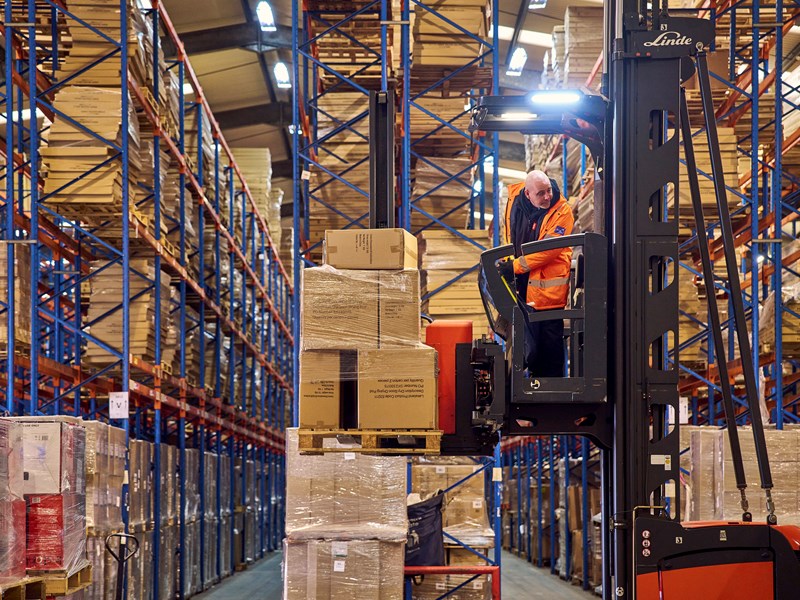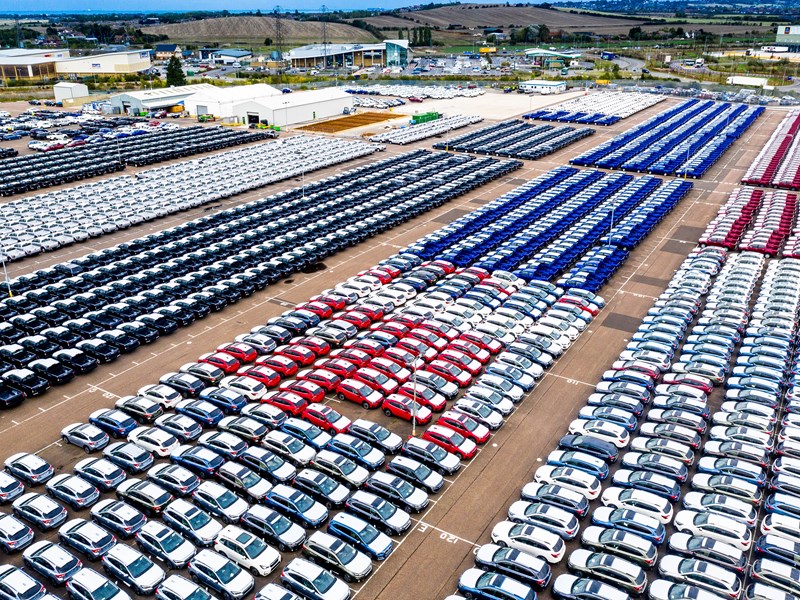Blog by Tom Harrison, Group Strategic Accounts Director
Ports and harbours are deeply rooted in the UK’s history, having unlocked intercontinental travel and trade possibilities during the industrial revolution, and continuing to this day to connect us with the rest of the world. Most people will be aware that the majority of commercial and consumer goods that arrive into the UK from overseas, do so via port, making them a major facilitator of our vast supply chain.
While this is a key part of what happens at ports, it doesn’t even scratch the surface of the work being done across all our sites on a daily basis, and most people would be surprised to learn about all the things that happen in between goods arriving and leaving a port.
If you regularly shop online, it’s possible your delivery has come from an on-port warehouse, rather than one of the brand’s regional warehouses. And smaller brands, that aren’t able to have their own large distribution centres, can rent as little as one pallet space at a port. This approach slashes unnecessary legs from the ship-to-warehouse-to-dispatch system journey.

